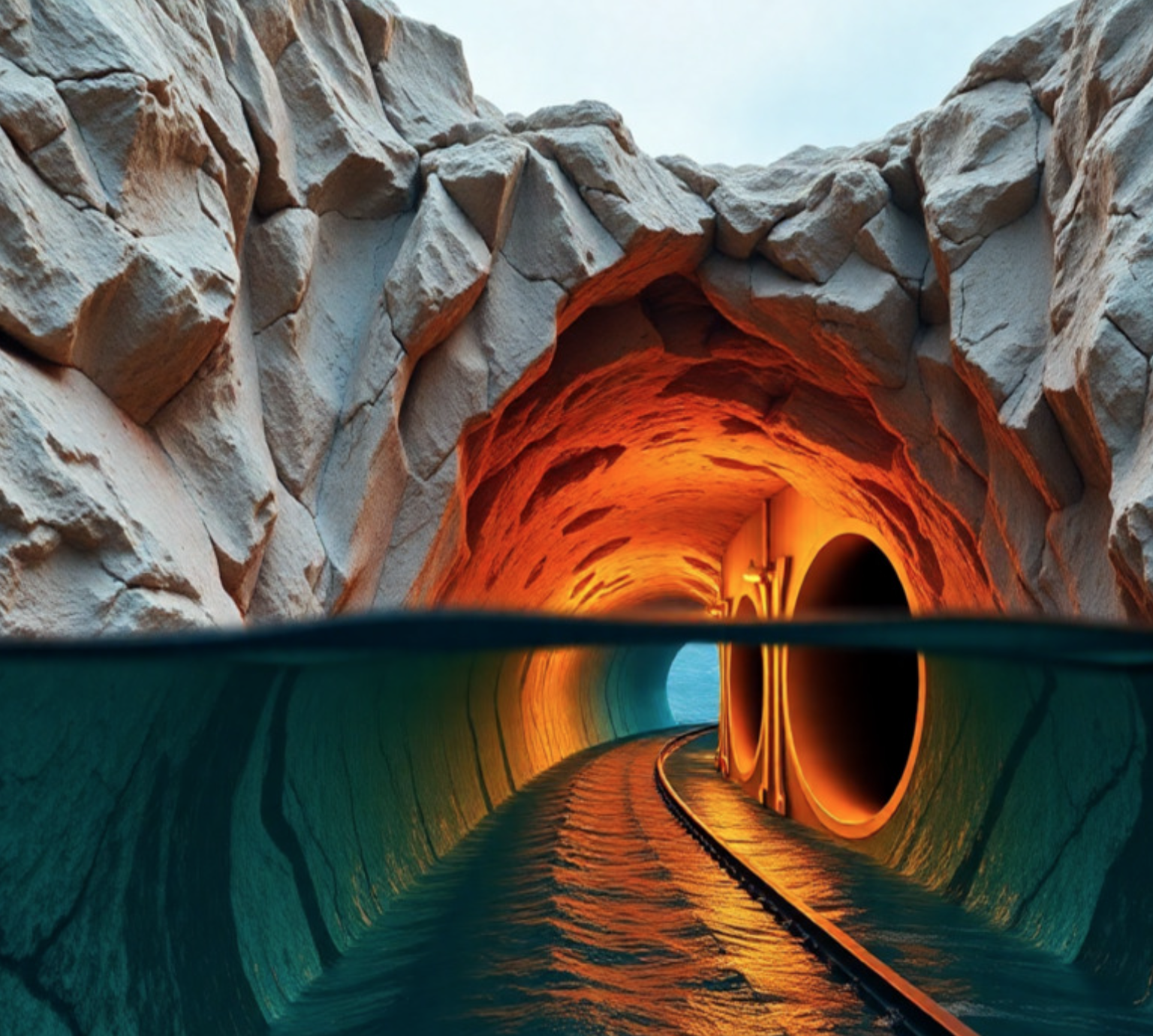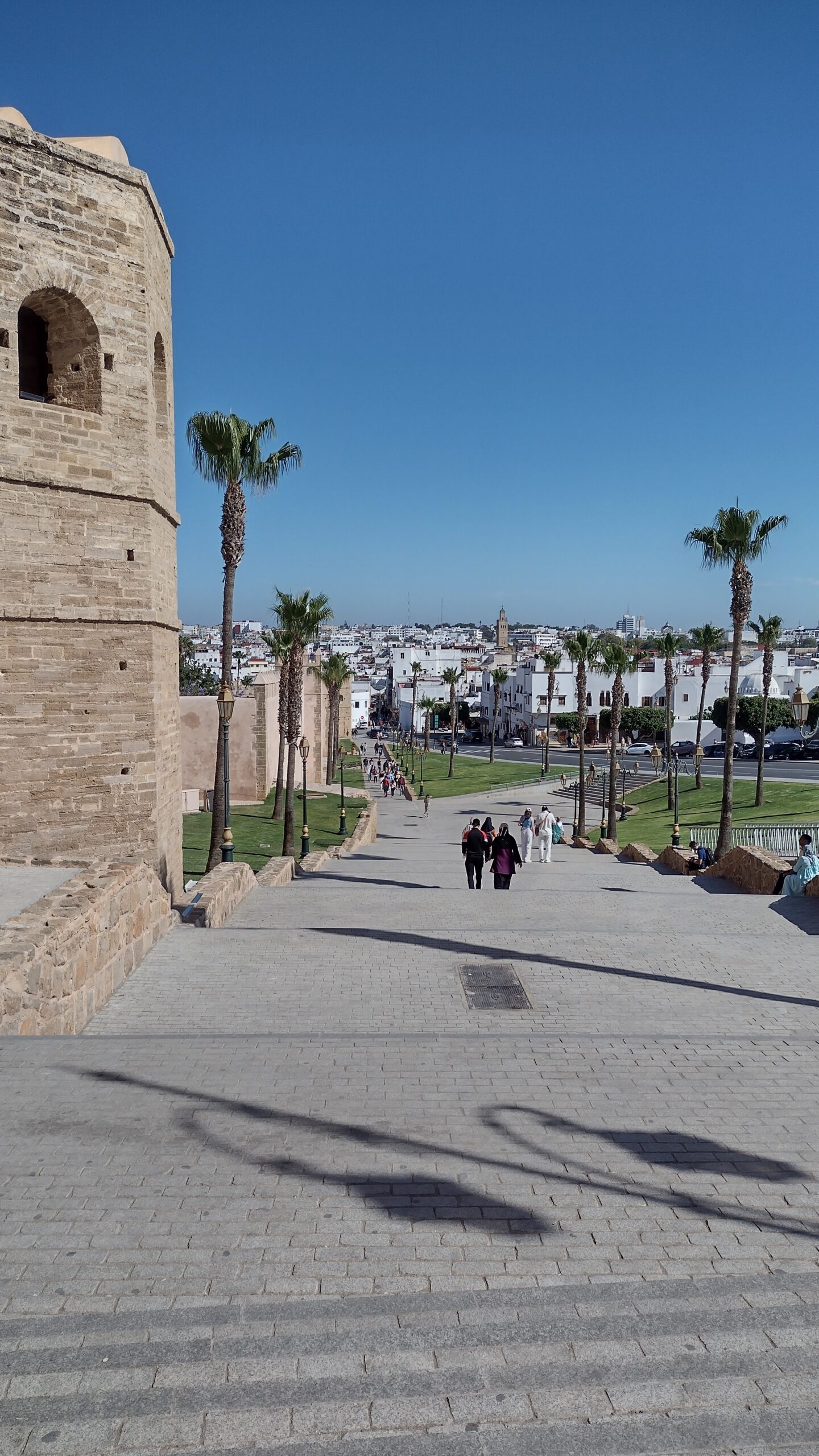Spain, Morocco, UK, France, and Norway explore a visionary plan to build a record-breaking undersea tunnel linking continents and transforming global travel.
A construction expert has outlined how engineers could potentially create a tunnel linking Africa and Europe – and whether such a feat is even feasible.
For many avid travelers, the idea of taking a train from Europe and arriving in Africa without stepping foot on a plane or ship sounds like a dream come true. Imagine lounging on Spain’s southern coast one moment, then walking through the vibrant blue streets of Chefchaouen, Morocco, the next.
In recent years, we’ve seen numerous large-scale infrastructure projects push the boundaries of what’s possible. However, this one could be the most daring and extraordinary of them all. The Express spoke with Bill Bencker, a construction expert at Ace Avant Concrete Construction, about the potential for engineers to bridge the gap between Africa and Europe and if it could ever come to fruition.
Before work can begin, the tunnel’s route must be carefully selected. Bencker suggests the most logical choice would be across the Strait of Gibraltar, the narrow channel separating Spain from Morocco.
At its narrowest, the Strait spans roughly 8.7 miles, a distance that seems manageable on paper. For comparison, the world’s longest tunnel, the Laerdal Tunnel in Norway, stretches for 15.2 miles, with a drive time of about 20 minutes.
But the situation isn’t so straightforward. In some sections, the water beneath is more than 3,000 feet deep, presenting a far greater challenge than the Laerdal Tunnel, which is a road tunnel, or even the Channel Tunnel.
As for how long it would take to complete, could we realistically see the tunnel operational in our lifetime?
To put things in perspective, the Channel Tunnel took four years of planning and deliberations before construction even began in 1985.
One of the main obstacles to building a tunnel between Europe and Africa, despite its groundbreaking potential, is the cost. Beckner estimates the price tag could range from £42 billion to £84 billion, depending on the design. In contrast, the much simpler Channel Tunnel was completed at a modern equivalent cost of roughly £11.7 billion.



